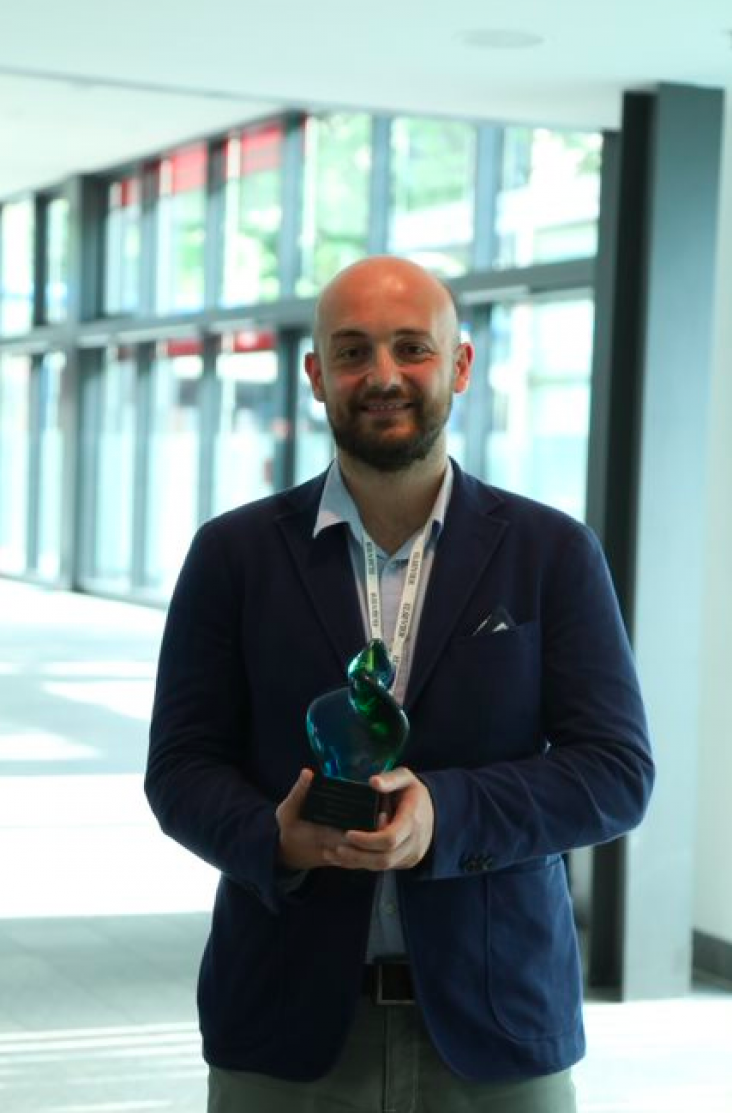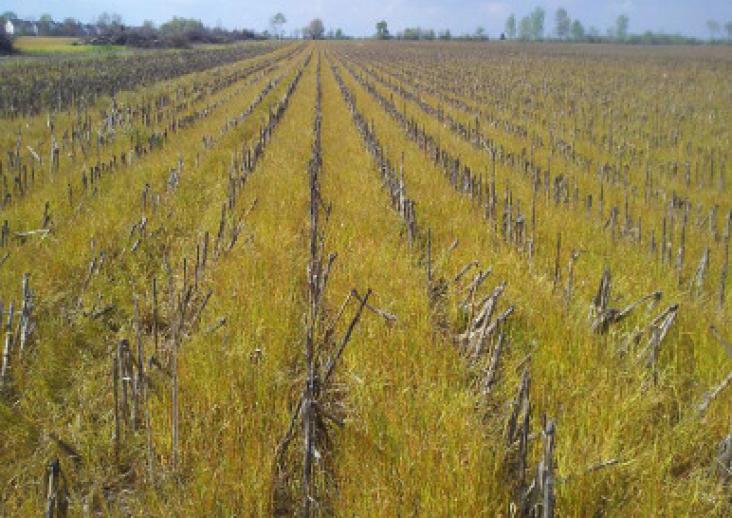The dichotomous divide between vegetarians and omnivores seems clear: Omnivores eat meat, whereas vegetarians do not.
Entomophagy is increasingly seen as a potential solution to provide a sustainable source of protein. However, the attitude of Western consumers towards insect-based products is generally negative.
Landscape fragmentation and farming can affect the diversity of plants and pollinators harbored by linear landscape elements (LLE) in agroecosystems.
Wolf-Peter Schill is Deputy Head of the Energy, Transportation, Environment Department at the German Institute for Economic Research (DIW Berlin), where he leads the research area Transformation of

In 2018, Dr. Alessio Adamiano, a researcher for the Italian National Research Council at the Institute of Science and Technology for Ceramic Materials, was awarded the second prize of €25,000. Contributing to SDGs 2, 13 and 14, his project, “Phos-Fate: Empowering fishing communities for climate change”, demonstrated how phosphorous can be recycled in a simple, scalable way by converting fish bones into products such as fertilizers. Two years later, we interviewed Dr. Adamiano about his experience at the Challenge, as well as the upcoming steps for his project empowering fishing communities for climate change.
This paper highlights the impact of plastic polluntion in Nigeria and the urgent need to recycle plastics to create wealth opportunity.
Agriculture consumes huge amounts of water in China and is profoundly affected by climate change. This study projects the agricultural water use towards 2030 under the climate change mitigation target at the provincial level in China by linking a computable general equilibrium (CGE) model and a regression model.
Climate change requires joint actions between government and local actors. Understanding the perception of people and communities is critical for designing climate change adaptation strategies.

Tillage is the most common agricultural practice dating back to the origin of agriculture. In recent decades, no-tillage (NT) has been introduced to improve soil and water quality.

